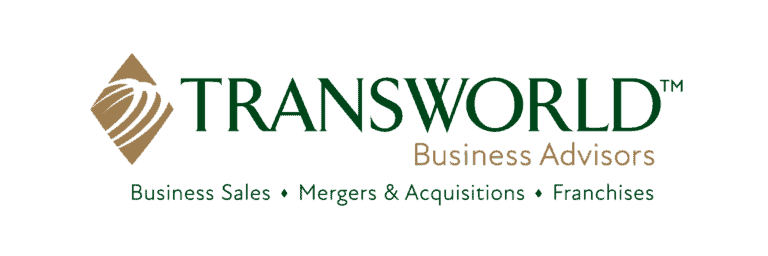Selling a business is a significant milestone, filled with questions and decisions. One of the most common queries we encounter is, “What happens to the cash when I sell my business?” It’s a crucial aspect that can influence both the valuation and the final terms of the sale.
In this comprehensive guide, we’ll unravel the mysteries of handling cash and other assets during a business sale, providing you with the knowledge to navigate this process with confidence.
The Role of Cash in Business Sales
Cash, often considered the lifeblood of any business, plays a pivotal role in business transactions. When selling your business, how cash is handled can vary based on the type of sale, the agreement between buyer and seller, and the business’s financial health.
Types of Sales: Asset vs. Share Sales
When you decide to sell your business, it’s crucial to understand the differences between an asset sale and a share sale. These are two distinct pathways, each with its own implications for how cash and other assets are handled.
- Asset Sales: In this type, the buyer purchases specific assets of the company such as equipment, inventory, and potentially some intangible assets. Cash and bank accounts typically remain with the seller, and the transaction is focused on individual assets rather than the business entity.
- Share Sales: Here, the buyer acquires the company’s stock or shares, effectively taking over all assets and liabilities, including cash reserves. This results in a complete transfer of the business entity, including everything it owns and owes.
Handling Cash in an Asset Sale
In an asset sale, cash is usually retained by the seller. This means, after the sale, you, as the seller, keep the cash on hand, along with receivables and, in most cases, your bank accounts. However, this can be subject to negotiation. Some buyers might request that a certain amount of cash be left in the business to facilitate a smooth transition.
Share Sales and Cash Considerations
In a share sale, since the buyer is purchasing the entire entity, the cash on the company’s books typically goes to the buyer along with the business. This transaction might be more straightforward, but it’s crucial to understand how this impacts the overall valuation of your business.
Valuation: The Impact of Cash on Price
Cash on hand can significantly impact the valuation of your business. In asset sales, since cash is not typically transferred, it’s often not included in the valuation. In share sales, cash can increase the purchase price since the buyer acquires these liquid assets. It’s vital to accurately account for cash when determining the selling price.
Negotiating Terms Related to Cash
Negotiations around cash can be complex. If you’re engaging in an asset sale and agree to leave cash in the business, it’s typically treated as an additional purchase price. In share sales, the amount of cash left in the business can be a negotiating point, especially if the business requires substantial operating capital.
The Role of a Business Broker
Navigating the complexities of cash and other assets in a business sale can be daunting. This is where a business broker can be invaluable. A skilled broker can help:
- Accurately value your business, including cash and other assets.
- Advise on the best type of sale for your situation (asset vs. share sale).
- Negotiate effectively with buyers regarding the treatment of cash and other terms.
- Ensure all legal and financial aspects of the sale are handled correctly.
Understanding what happens to cash when selling your business is fundamental to a successful transaction. Whether it’s an asset or share sale, the treatment of cash can influence the sale’s overall value and terms. Engaging a knowledgeable business broker can provide peace of mind and ensure that your financial interests are well-represented in the deal. Remember, every business sale is unique, and the approach to handling cash and other assets should be tailored to your specific situation and goals.

